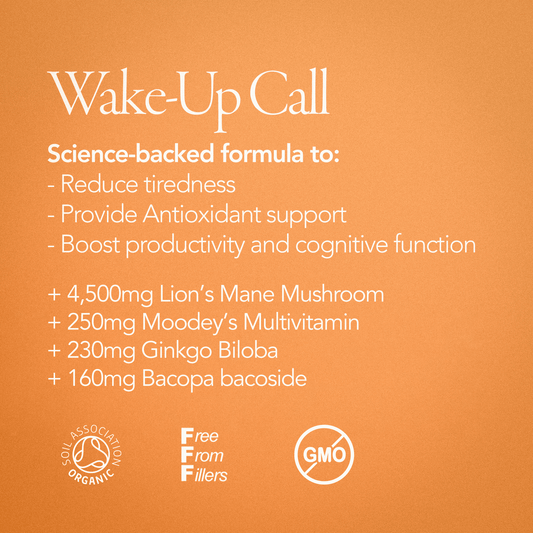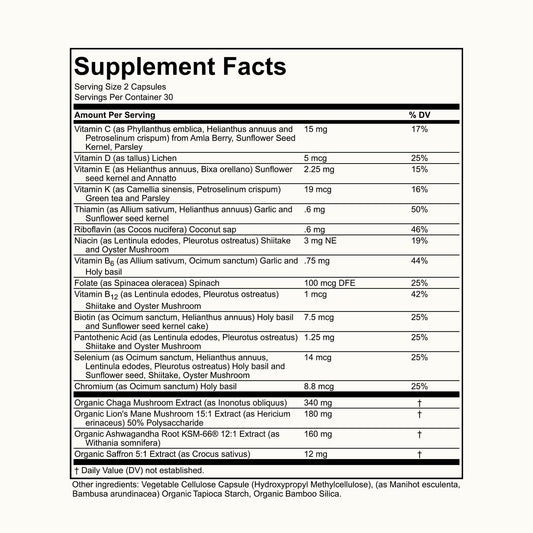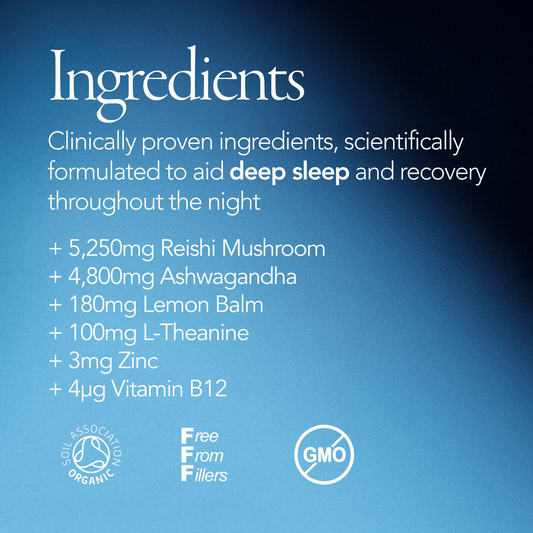
B12 vs B Complex: Understanding the Differences and Benefits
Taking vitamins can improve health, energy production, and immune function. Understanding the distinction between vitamin B12 and a complete B complex supplement can be key.
B vitamins are essential, water-soluble vitamins that play a role in numerous bodily functions. They support everything from creating red blood cells to supporting nerve health and boosting the immune system. However, each B vitamin has unique functions and offers its own health benefits.
In this post, we’ll explore the differences between vitamin B12 and B complex vitamins, their individual benefits, sources, and why you might choose one over the other.
What Are B Vitamins?
B vitamins are a group of water-soluble vitamins, meaning they dissolve in water and we do not store them in the body. This means we need to replenish them daily through diet or supplements. These vitamins are vital for energy production, brain function, red blood cell formation, and overall health. Here’s a brief overview of the key B vitamins:
- Vitamin B1 (Thiamin): Important for energy production and nervous system function.
- Vitamin B2 (Riboflavin): Supports energy production and skin health.
- Vitamin B3 (Niacin): Plays a role in DNA repair, metabolism, and cell signaling.
- Vitamin B5 (Pantothenic Acid): Crucial for the synthesis of coenzyme A, essential in fatty acid metabolism.
- Vitamin B6 (Pyridoxine): Involved in amino acid metabolism and neurotransmitter synthesis.
- Vitamin B7 (Biotin): Helps with metabolism and has links to skin, hair, and nail health.
- Vitamin B9 (Folate or Folic Acid): Key for cell division and can help prevent neural tube defects in pregnancy.
- Vitamin B12 (Cobalamin): Essential for nerve function, red blood cell formation, and DNA synthesis.
Each of these B vitamins works individually. However, it is also part of a synergistic system, working together to support overall health.
Vitamin B12: The Essential Energy and Nervous System Vitamin
Vitamin B12 is particularly important for red blood cell formation, DNA synthesis, and the health of nerve cells. This vitamin is unique because it is only in animal-based foods such as meat, dairy, and eggs. Healthcare providers recommend vitamin B12 supplements for vegetarians and vegans as plant foods contain very little to no B12.
B12 deficiency can lead to several health issues, including:
Anemia:
Without enough B12, red blood cells can’t develop properly. This leads to megaloblastic anemia, a condition marked by fatigue and weakness.
Nerve Damage:
B12 plays a role in nerve function, and a deficiency may cause numbness. As well as tingling, or even severe nerve issues if left untreated.
Cognitive Issues:
B12 deficiency can also impact brain function, leading to issues with memory, focus, and mood.
For those with low B12 levels, healthcare providers recommend a vitamin B12 supplement. Especially for people over 50 or those on a vegan or vegetarian diet. B12 injection prescriptions may also help people who have trouble absorbing B12 from food.
What Is B Complex?
B Complex supplements contain a blend of all the essential B vitamins. Including B1 (Thiamin), B2 (Riboflavin), B3 (Niacin), B5 (Pantothenic Acid), B6 (Pyridoxine), B7 (Biotin), B9 (Folate), and B12. By taking a B complex supplement, you can receive a balanced dose of each B vitamin. Ensuring your body has the nutrients it needs for energy, metabolism, nervous system function, and overall health.
Benefits of B Complex Vitamins:
Energy Production:
B vitamins play a role in breaking down carbohydrates, fats, and proteins. They convert them into energy that fuels the body.
Nervous System Support:
Vitamins like B1, B6, B9, and B12 are especially important for nerve health. They help to prevent issues like numbness, tingling, or even neurological conditions.
Red Blood Cell Formation:
B12 and folate (B9) are vital for the production of red blood cells, which carry oxygen throughout the body.
Immune System Function:
B6 plays a role in immune health, supporting the production of antibodies and white blood cells.
In short, a B complex provides comprehensive support. They ensure you get a balance of all the B vitamins needed for optimal health.
B12 vs B Complex: Which Should You Choose?
When it comes to choosing between B12 and a B complex, consider your specific health needs. As well as diet, and any potential deficiencies.
Choose Vitamin B12 if:
- You follow a vegan or vegetarian diet and may not be getting enough B12 from food sources.
- You’re over 50, as absorption of B12 tends to decline with age.
- You have a vitamin B12 deficiency or show symptoms like fatigue, weakness, numbness, or cognitive issues.
- You are specifically interested in boosting energy or supporting nerve health.
Choose B Complex if:
- You’re looking for a general supplement to support overall health, especially energy production and metabolism.
- You experience stress, which can increase your need for B vitamins. This is because they support the nervous system.
- You want to ensure you’re getting a balanced intake of all the essential B vitamins to cover a broad range of health benefits.
A B complex can act as a preventive measure. They ensure all B vitamins are in place to support energy, immune function, nerve health, and more.
Food Sources of B Vitamins
Both B12 and other B vitamins can be obtained from a variety of foods:
- Vitamin B12: Found in meat, fish, eggs, dairy products, and fortified plant-based milks.
- Vitamin B1 (Thiamin): Whole grains, pork, and legumes.
- Vitamin B3 (Niacin): Poultry, tuna, and fortified grains.
- Vitamin B5 (Pantothenic Acid): Present in a wide range of foods, from beef and chicken to avocado and mushrooms.
- Vitamin B9 (Folate): Found in leafy green vegetables, beans, peas, and fortified grains.
Incorporating a variety of these foods into your diet can help support healthy levels of B vitamins. As well as reducing the need for supplementation.
Signs of B Vitamin Deficiencies
It’s important to recognise signs that may indicate a B vitamin deficiency. While some symptoms are specific to certain B vitamins, others are more general. They can indicate a lack of one or more B vitamins:
- Fatigue and Weakness: Common in B12 and B9 deficiencies due to their roles in red blood cell production.
- Nerve Issues: Tingling, numbness, or a "pins and needles" sensation can suggest a deficiency in B12 or B1.
- Skin Problems: Rashes, dry skin, and cracking around the mouth may indicate a lack of B2, B3, or B7.
Mental Health Issues: Deficiencies in B6, B9, and B12 can contribute to mood changes, irritability, and even cognitive decline.
Conclusion: Supporting Health with B Vitamins
Both B12 and B complex supplements play a role in supporting health, particularly when dietary intake may be insufficient. Vitamin B12 supplements are best for individuals with specific deficiencies or dietary restrictions. B complex is ideal for those seeking a balanced, comprehensive boost to their B vitamin intake for overall health.
Whether you’re looking to boost energy, support red blood cell formation, or maintain a healthy nervous system, adding the right B vitamins into your diet or supplement routine can significantly impact your overall health and well-being.





